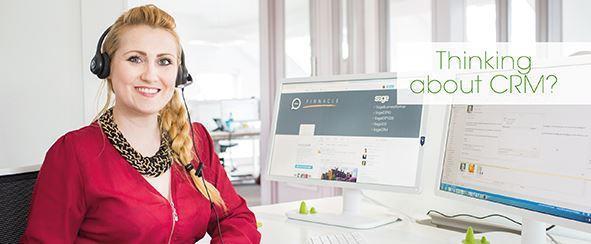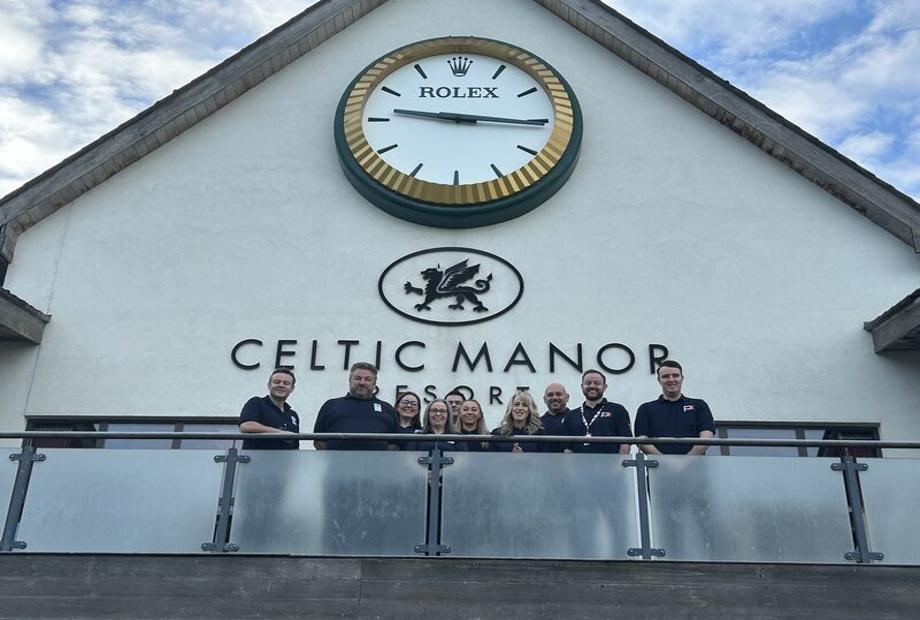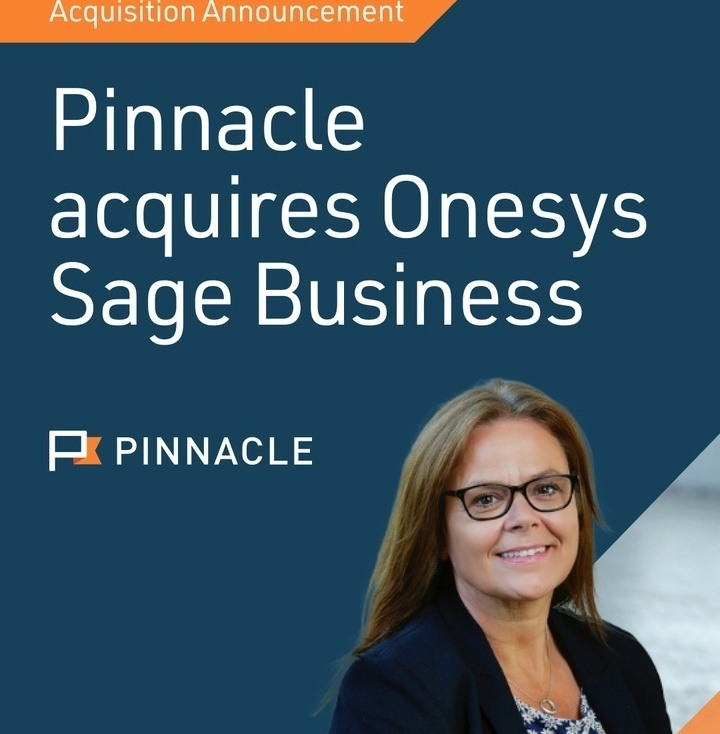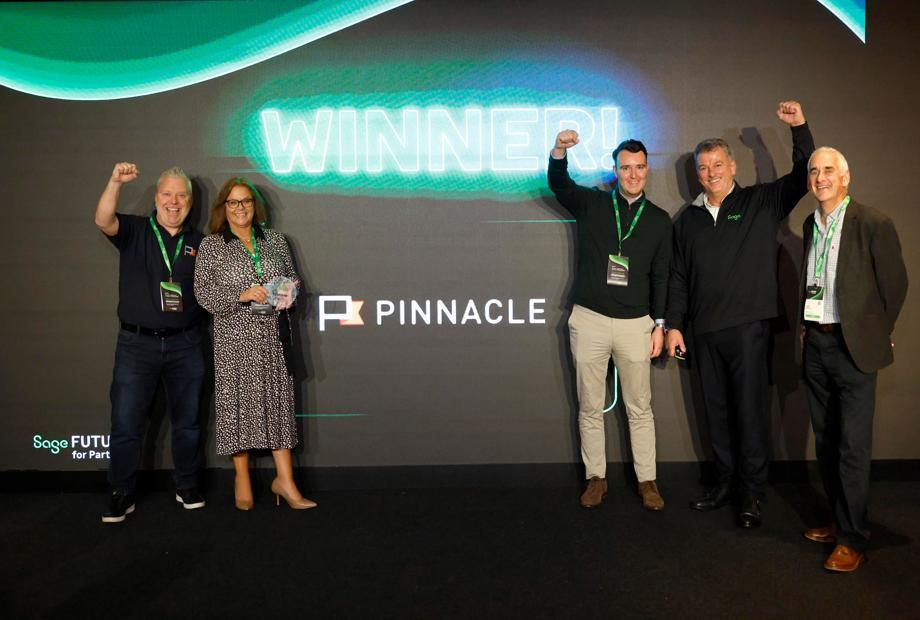Thinking about CRM?

Our Sage CRM expert Matthew Shaw has given us just a few things to think about when you’re considering your CRM project.
- It’s not just for sales
CRM is widely thought of as something sales and marketing teams use, but it’s not just for them. It’s for anyone who speaks with your customers and suppliers e.g. credit control recording chasing payment, anyone who needs to record communications with customers or suppliers or your customer services team providing a solution to a problem. So, think about the people in your business and who would benefit from using CRM.
- Not just in the office
CRM can be used on mobile devices; so do you have people working away from the office that need access to your CRM system in real time?
- Your current processes
When you're changing systems, it’s a good time to review your current working practices and to decide whether it’s time for a change i.e. why are you doing X, Y and Z, when X and Y are good enough?
- Housekeeping
You’ll want to import some data into CRM – again now is the time to review the 20,000 records you have. Do you really need them all?
- It’s not just about the CRM solution
When you’re looking at CRM you’ll also need to consider all the other software that will be used and whether you have the right versions e.g. Windows, SQL Server, Office, Exchange. This is one of the most common items that is over looked and can cause further expense and delays to your project.
- Account Creation
If linked to Sage 200, then customer accounts will be created within CRM and pushed into Sage 200. So you need to decide whether this is something your sales person does or do you need to get finance to log into CRM? (Suppliers can be created in Sage 200 and allowed to synchronise into CRM).
- CRM evolves with you
Though CRM is very customisable, start off with it as close to ‘out-of-the-box’ as possible, then periodically review it and build on it. In the longer term that’s better than doing everything at once and ending up not using it all.
- CRM is a customer relationship tool, not a finance tool
Bear in mind that a lot of those finance reports you want at your fingertips will come from your finance system and not CRM.
- Be prepared
The scoping session is a detailed look at how you plan to use CRM – in order to get the most out of the meeting, spend some time before the meeting getting to know your current systems. What data are you capturing? Do you need to continue capturing all that data (even down to the different fields used)?
Then rank the different types based on priority of getting it into CRM – some bits might be best delaying (e.g. Customers (1), Sales Opportunities (2), Sales Leads (3), Customer Complaints / Issues (4), Marketing (5)).
What is your sales process (e.g. Lead – Qualify – Quote – Sold) and your customer complaints process (e.g. logged – investigating – solved). The better prepared you are, the smoother the transition in getting your processes replicated in CRM.
As we said, there are lots of things to think about, hopefully you’ll find some of these useful. And, if you’d like to find out more about Sage CRM or if you have any questions on any of the points that Matthew has covered, then get in touch.





